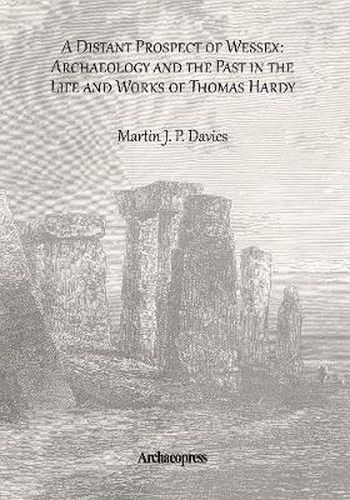If the real Wessex, with its counties, towns, villages and topography, was no mere readily available template upon which Hardy could carve a fictional pattern, Dorchester provided a very different model, though at the level of local colour and detail, Casterbridge really is Dorchester ‘by any other name.“ In this study, Martin Davies examines the role which Thomas Hardy’s involvement with the past plays in his life and literary work. Hardy’s life encompasses the transformation of archaeology out of mere antiquarianism into a fully scientific discipline. Hardy - once described as 'a born archaeologist’ - observed this process at first hand, and its impact on his aesthetic and philosophical scheme was profound. Dr Davies’ study offers a different route to a fuller understanding of Hardy’s novels, poems, and short stories. How much was Hardy concerned with archaeology per se amongst his plethora of interests? How much did he actually know about it? Did his Classical education, architectural training, and visit to Italy impinge on his perception of the mysterious traces of British prehistory and the Roman occupation with which he had grown up? How does reference to archaeology fit in with his overall narrative, aesthetic, and philosophical scheme? These are the questions posed by Martin Davies in his study of the role played by archaeology and the past in the life and works of Thomas Hardy. The answers are far reaching and profound.





